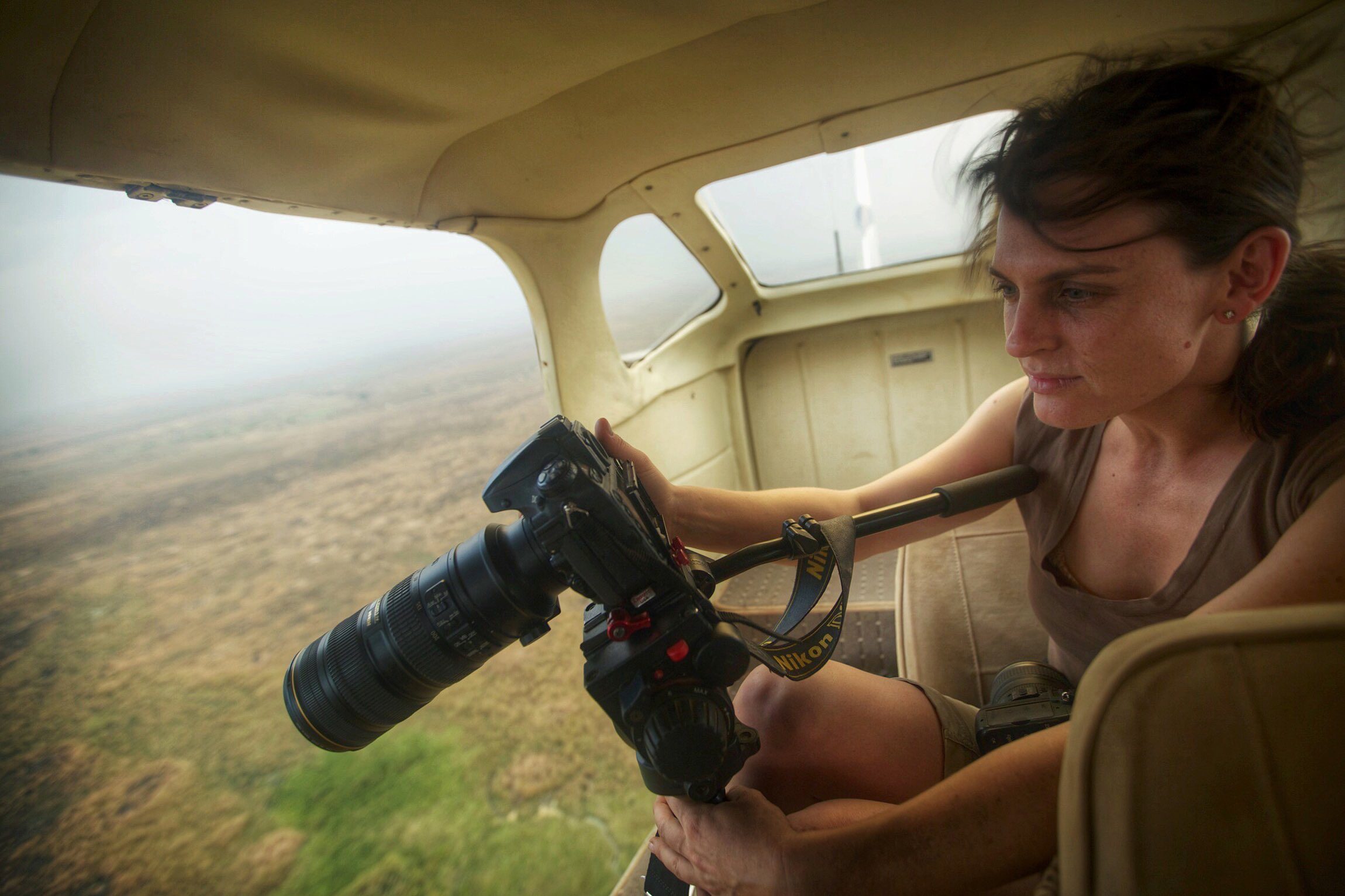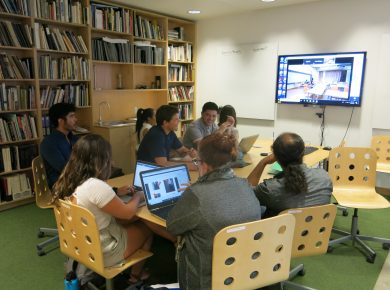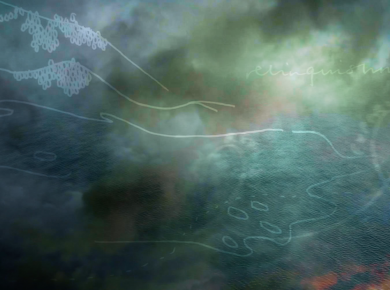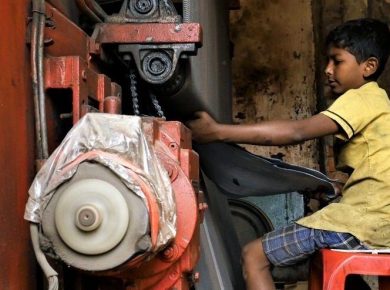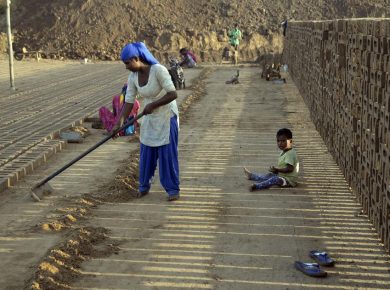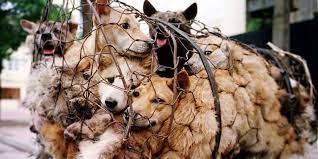SEED Madagascar conservation club kids meet a lemur in the Sainte Luce Nahampoana wildlife reserve. Picture: Earthchangers.
Imagine spending the day spent roaming the Kenyan bush with a Maasai warrior, tracking lions’ footprints in the early morning, trekking the volcanic deep cloud forests of the Maasai Chyulu Hills before relaxing with a sundowner and a heart wrenching view of Mount Kilimanjaro.
Now imagine that, with every moment you spend in this place, you are helping preserve the wilderness you walk through, the wildlife you see and the cultural heritages of the Maasai you walk with. Suddenly, the phrase ‘win win’ takes on a whole new meaning.
This is the soul and aim of Earthchangers, an online platform of outstanding sustainable tourism projects (manifesto: “Experience the world, its extraordinary people and awe-inspiring places. Travel with purpose, to give back and have a true positive impact.”)
A hammock at the Jicaro Island Ecolodge, in Nicaragua. Picture: Earthchangers.
Founder Victoria Smith has worked in tourism for over 20 years, and in sustainable tourism for over 10. She’s been a ski guide and resort manager – and a qualified game ranger; every year she voluntarily leads charity groups. She’s kayaked the lower Zambezi, trekked the Sahara. In short, she is very well qualified.
Earthchangers – a passion project – has been a long time in the making. Early holidays at all-inclusive resorts highlighted one type of travel for Vicky: “Outside the walls were hunger and water issues and waste issues, rubbish piling up. I thought, this isn’t what travel is.” Six months volunteering on a lion conservation project and travelling through Africa demonstrated another type. “I was there for six months. And I saw what tourism could could help with …”
Finally, a thesis for an MSc in Responsible Tourism Management cemented the site’s genesis. “Volunteer tourism, greenwashing and understanding responsible marketing” led to Vicky becoming Leeds University’s first student to be cited in litigation.
“I exposed some data about big commercial volunteer tourism organisations which showed they were very exploitative,” she says. “Western tourists feel they want to do some good and want to volunteer in orphanages – and they think where’s the harm in that? What that creates is a demand for children in orphanages – and what you get is unscrupulous middle men, creating intentionally squalid orphanages into which they will buy or rent kids from rural families.” In Nepal and Cambodia, orphanage tourism has birthed a child trafficking market.
And it’s not just kids. It’s lion cubs, tenderly reared by volunteers before being used in canned hunts (where the animals are shot at in confined area). It’s tiger selfies and it’s elephants used for rides, complex, majestic creatures tortured – whilst still young – to the point of numb submission.
It’s poverty, suffering and exploitation on industrial scales with no one profiting save mass market tourism and some dodgy geezers. Over 90 per cent of volunteer tourism is suspect, says Vicky: “Basically, I’d avoid anything that involves handling animals and children.”
Today, Earthchangers boasts 11 astonishing adventures – with more on the way – that demonstrate rooted commitments to community and conservation through tourism. From pony trekking in Velebit National Park, in Croatia, to relaxing in an enclave of tropical islands and coral reefs in Indonesia; from trekking in Nepal to skimming the Pacific (collecting data as you go) with Pangaea Explorations, these are life changing experiences.
Each project is unique but all have qualities in common. “They’re all purpose-driven,’ points out Vicky. “They make profit in order to fund conservation, health, education. Some places are more social impact inclined, others are more conservation-inclined. But they’re all very transparent.” They’re also helmed by extraordinary people. “I am in awe of these guys,” says Vicky, simply. “They’re so forward-thinking and visionary. I love understanding what they’re driven by and how their project affects the destination and people who live there.”
Take Tiger Mountain Pokhara Lodge in Nepal. “They put in a tap to the spring – which means the girls don’t have to spend half a day carrying water, which means they go to school. It means the villagers can grow food, which they then sell back to the lodge. That then gives them a livelihood.” The water is also used for tourists which eliminates the problem of waste and to irrigate the gardens: “Which means that when they have the rains in the monsoon, they can better protect [the land] from landslides. From small things, a single tap, the impact is huge … “
Meanwhile, Campi ya Kanzi, the lodge in Kenya near Kilimanjaro, works with a 16,000 strong Maasai community. “They’re involved in health initiatives and conservation and the most amazing amount of charity projects,” says Vicky. Often, destinations start with charity initiatives on the side. Then, the charities grow to become foundations – and the tourism exists as funding.
Earthchangers’ manifesto? “Experience the world, its extraordinary people and awe-inspiring places. Travel with purpose, to give back and have a true positive impact.”
The problem, still, is getting the ordinary consumer to really grasp what’s at stake: that, beyond the sun, sea and sand, are real people struggling with real world problems. “Tourism can have such a positive impact, because it reaches every corner of the world like no other sector can. It’s 10 per cent of global GDP, it’s one in 11 jobs worldwide. And that’s going to grow.”
And that growth will encompass all the negative sides of tourism with inevitable greenwashing – but it could also encompass real change. “There’s a lot going on at grassroots and policy level, even at corporate level,” says Vicky. “The missing link is consumer understanding and demand. So many people still don’t understand what responsible tourism is.” As soon as that’s there, she says, this market will take off.
Until then, Earth-changers encompasses hardhitting articles on the Sustainable Development Goals with glorious destinations. “People don’t want to be responsible on holiday. We’re saying, if you come to us, you don’t even have to think about it. These guys? They’re really legit.”
